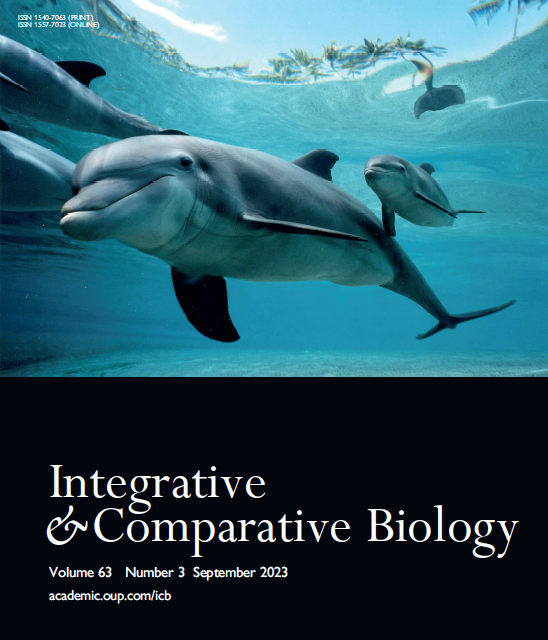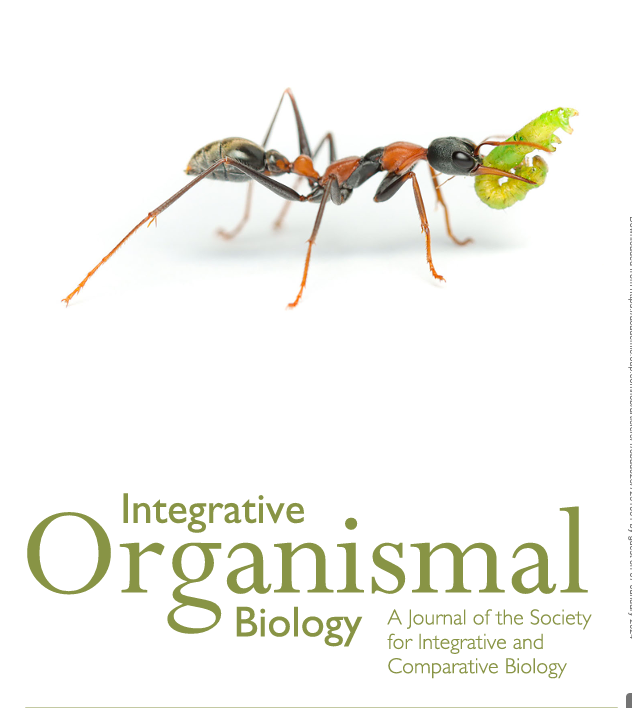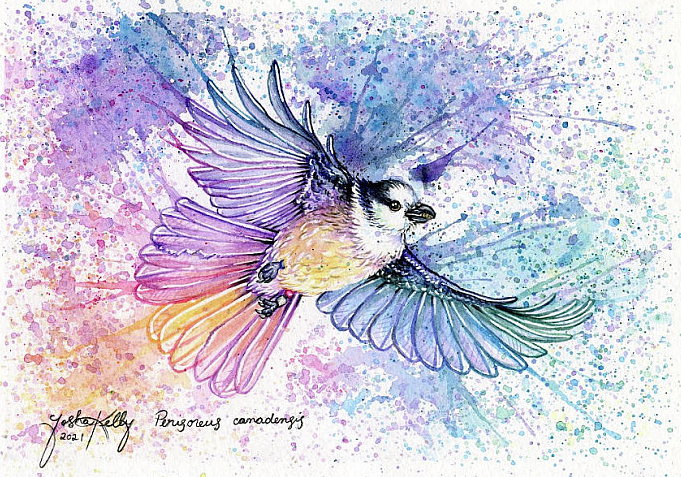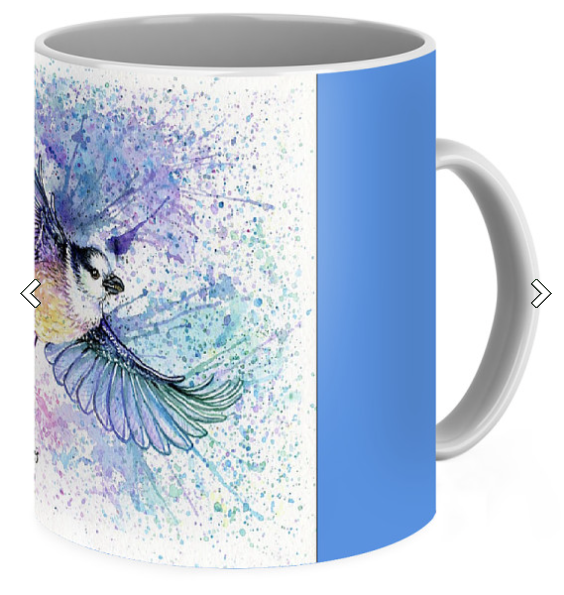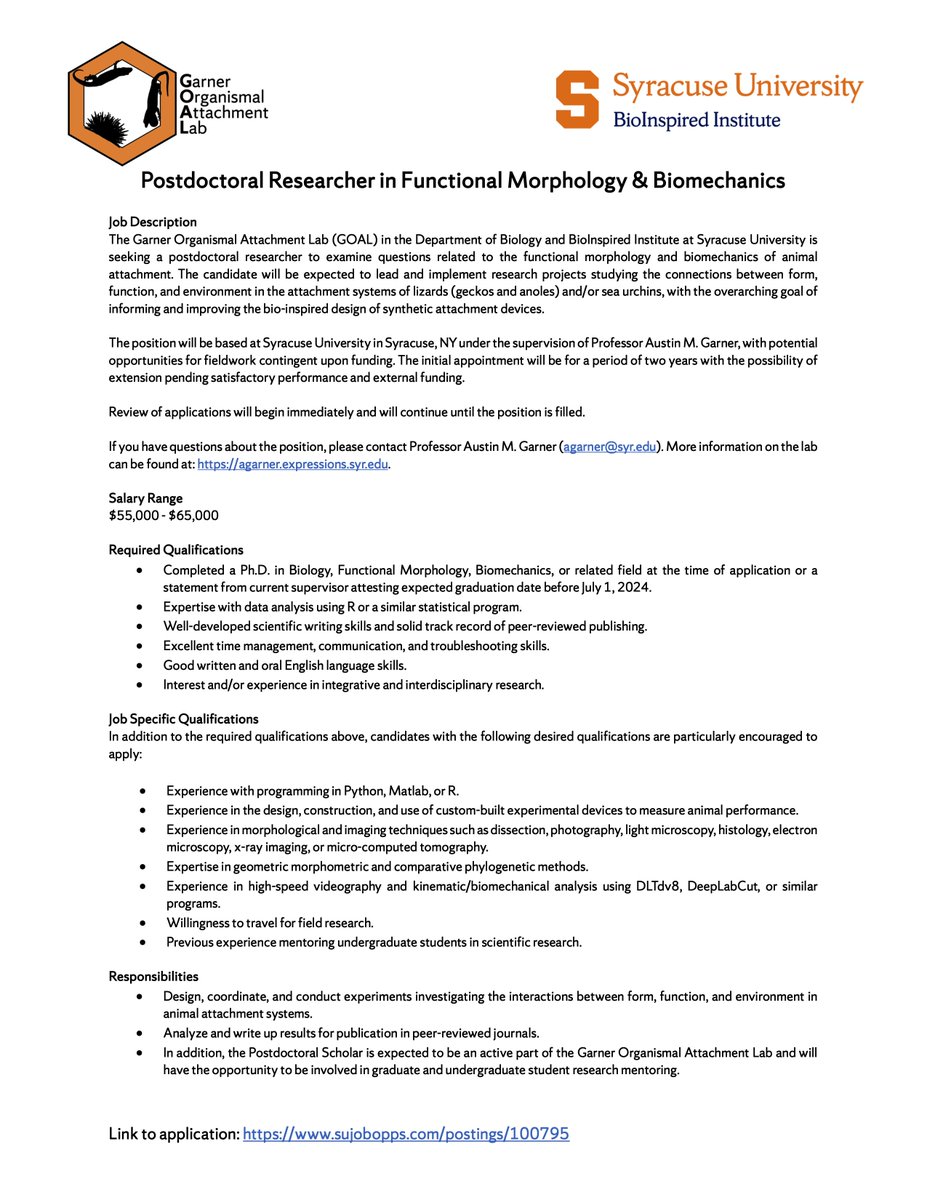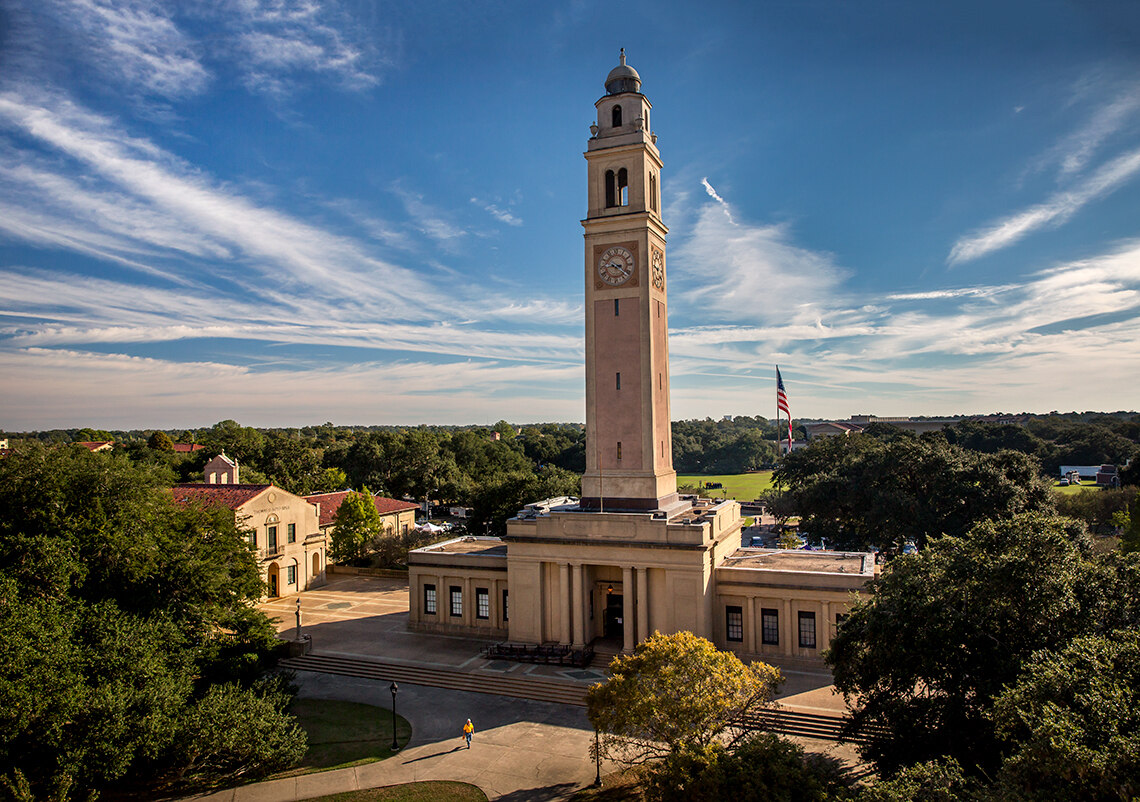About
The mission of the Society for Integrative and Comparative Biology (SICB) is to foster research, education, public awareness and understanding of living organisms from molecules and cells to ecology and evolution. SICB encourages interdisciplinary cooperative research that integrates across scales, and new models and methodologies to enhance research and education. SICB is committed to Diversity, Equity, Inclusion, and Justice (DEIJ) as an organizing and guiding principle at every level of the society.
Publications & Media
Become a Member
The Society has approximately 3,000 members whose research interests range from organismal biology to population biology/ecology to systematics and evolutionary biology. The Society has approximately 3,000 members whose research interests range from organismal biology to population biology/ecology to systematics and evolutionary biology.
Upcoming Events
SICB 2025
January 3-7, 2025
Atlanta, GA
SICB News
-
January 22, 2024President’s Challenge: Support the Mangum Fund Read More
-
January 11, 2024SICB Awarded Funding for Major Cultural Change Initiative Read More
-
September 18, 2023100 feet. No brain. Still walking. Read More

